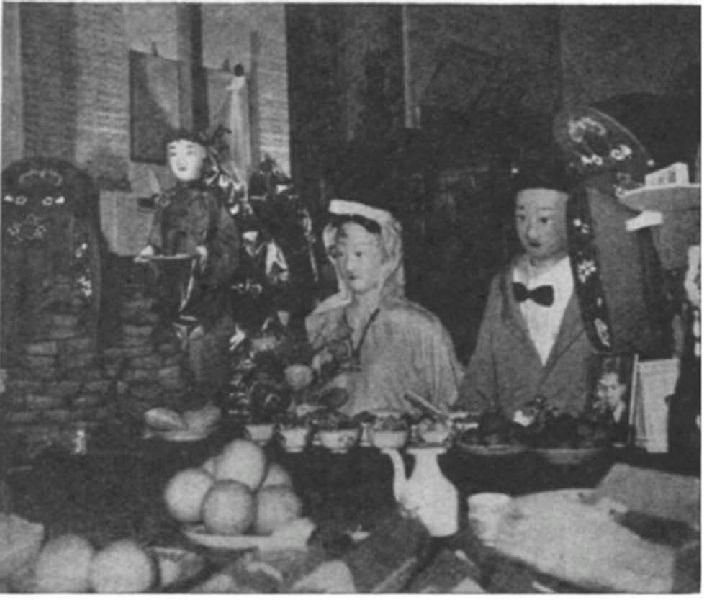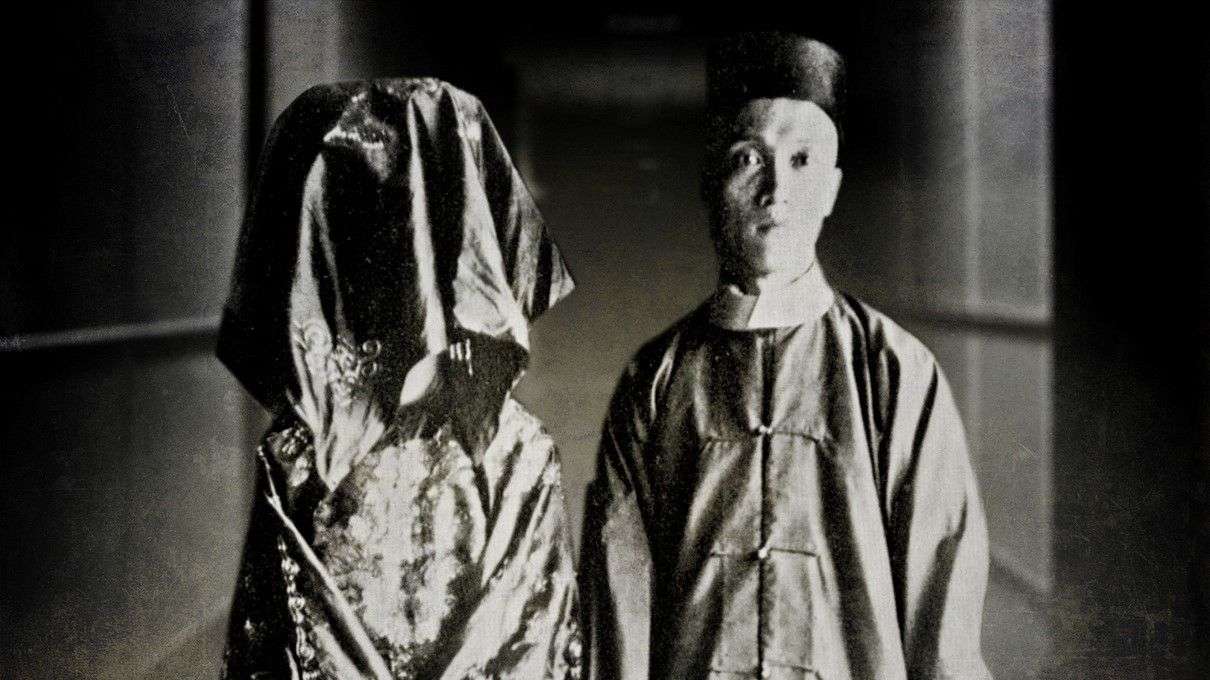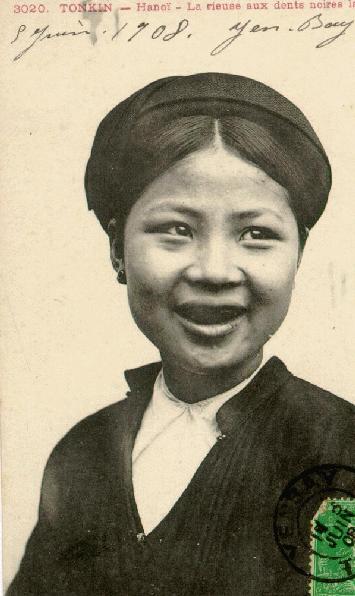 host marriage is an ancient and mysterious Chinese tradition that has been practiced for centuries. Even in the modern day, it is still a custom of many Chinese families, but what exactly is ghost marriage and why do people practice it? This blog post will explore the history, reasons, types, contemporary practices, and cultural implications of ghost marriage to gain insight into how this tradition has evolved over time and its impact on modern Chinese culture today. From exchanging money or goods as part of the ceremony to how it shapes traditional values, this article will uncover the mysteries of this unique practice.
host marriage is an ancient and mysterious Chinese tradition that has been practiced for centuries. Even in the modern day, it is still a custom of many Chinese families, but what exactly is ghost marriage and why do people practice it? This blog post will explore the history, reasons, types, contemporary practices, and cultural implications of ghost marriage to gain insight into how this tradition has evolved over time and its impact on modern Chinese culture today. From exchanging money or goods as part of the ceremony to how it shapes traditional values, this article will uncover the mysteries of this unique practice.
History and Origin of Ghost Marriage
Ghost marriage is an ancient and mysterious Chinese tradition that has been practiced for centuries. It is believed to have originated in ancient China thousands of years ago, with the practice then spreading throughout Europe and Asia. This practice was traditionally seen as a way to ensure that the deceased had a partner in the afterlife. In fact, Confucius himself was known to have mentioned this practice in his writings.
The traditional Chinese belief was that a ghost marriage could help restore balance between two families who had lost a child. The idea was that by joining two families together through marriage, both families would be able to benefit from the union even if one of their members had died. This idea has been around since ancient times and still holds true today in some parts of China.
Another reason why ghost marriages are popular is due to superstition and fear of bad luck or misfortune. Many people believe that if they do not perform a ghost marriage ceremony for their deceased family member, it may bring bad luck upon them or their family. Therefore, performing this ceremony can be seen as a way of protecting yourself from bad luck or evil spirits.

Finally, there are also religious reasons for why people may choose to perform ghost marriages. In some cases, it can be seen as an act of piety towards one’s ancestors or gods and goddesses associated with death and rebirth rituals such as those found in Taoism and Buddhism.
Ghost marriages are still practiced today in many parts of China, although they are not as common as they once were due to changing cultural attitudes towards death and mourning practices over time. Despite this shift in attitudes, this mysterious tradition still lives on because it offers comfort to those who mourn for their loved ones and helps them keep their memories alive forever through this special ritualistic ceremony.
Reasons for Ghost Marriage
Since ancient times, Chinese people have practiced ghost marriage as part of their culture and religious customs. The belief that ghosts are in need of companionship is deeply ingrained in Chinese culture, leading to the practice of ghost marriage in order to provide the deceased with a life partner in the afterlife. Performing such a ceremony also allows families to keep ancestral connections alive and maintain their traditions.
In some cases, ghost marriages were also carried out as a way of preventing unmarried daughters from becoming “hungry ghosts” in the afterlife; this was done out of fear that she would be doomed to wander endlessly without rest or peace if she did not have someone to accompany her into death. It was believed that unhappy spirits could bring bad luck and misfortune upon those who had wronged them during life, so marrying off single women was seen as a way of avoiding potential disasters.
Religious reasons for performing ghost marriages exist as well; these acts are sometimes used as offerings for gods or goddesses associated with death and rebirth rituals. In addition, ceremonies can be performed out of piety towards ancestors or deities related to ancestor worship or traditional funeral practices.
Ghost marriage has been an important tradition among Chinese people for centuries, but its prevalence has declined today due to evolving cultural views about death and mourning practices. Despite this shift however, the reasons behind it remain unchanged—to provide comfort for ghosts so they may pass peacefully into the afterlife, avert misfortune caused by hungry spirits on earth, preserve familial ties and honor religious beliefs related to ancestor worship or funeral rites.
Types of Ghost Marriages
Ghost marriage is an ancient custom practiced in China, where two families exchange money and goods as a sign of respect for the deceased. Usually, this occurs either before or after the actual nuptials take place. The bride’s family pays a dowry to the groom’s family or receives payment from them in return for her labor or services. Additionally, the groom’s family may provide a dowry to the bride’s family if they are unable to pay for her services.
The goods exchanged during these ceremonies vary, depending on region and religion. Rice, tea, sugar cane, incense sticks and candles are common gifts given by the bride’s family in some areas while clothing or jewelry may be offered in others. Others incorporate religious customs by exchanging items thought to bring good luck and protection from evil spirits.
Families arrange ghost marriages for various reasons, including protecting unmarried daughters from becoming “hungry ghosts” – spirits believed to haunt young women who die without being married or bearing children – as well as providing companionship for those who passed away. It is also often done to restore balance between two families through marriage following a tragedy like losing a child.
Over time, cultural attitudes towards death have changed leading to fewer ghost marriages taking place today; however its purpose remains largely undiminished within Chinese society – honoring ancestral deities and offering comfort during times of grief and loss.
Contemporary Practices
Ghost marriage continues to be practiced in China today, although the practices have changed from their ancient roots. Modern ghost marriages often involve an exchange of money or goods, as well as a ceremony, and are still popular in rural areas as a way to keep families connected. In contrast to historical traditions, modern ghost marriages are more likely to be between two deceased people rather than one living person and a deceased person.
Some people also practice ghost marriage out of respect for their ancestors or bridge the gap between two families. This can include uniting two families who have lost someone close, such as siblings marrying each other’s spouses after death. There are now laws in place that regulate who can be married in a ghost marriage, such as the requirement that both parties must have been dead for at least three years before the ceremony takes place.
Despite these regulations, there is still some controversy surrounding modern ghost marriage due to its association with illegal activities such as human trafficking and forced labor. In addition, some argue that it violates traditional Chinese values by disrupting familial hierarchy and disregarding filial piety towards ancestors.
Nevertheless, contemporary practices of ghost marriage exist alongside more traditional methods of honoring those who have passed away or connecting two families through ancestral lines. It is an ever-evolving tradition that continues to shape Chinese culture today despite changing attitudes towards death and mourning practices over time.
Cultural Implications
Ghost marriage has been an important part of Chinese culture for centuries and continues to shape modern Chinese society in subtle ways. In traditional Chinese culture, the practice was seen as a way to ensure the deceased had an afterlife and proper burial, as well as a way to negotiate or reaffirm power dynamics within family networks.
In recent years, there has been a shift in attitudes towards ghost marriage in China, with some viewing it as a violation of traditional values while others embrace it as a unique cultural tradition. This divide is largely due to the changing legal status of ghost marriage in China; while it is not illegal, there are laws regulating who can be married in this capacity.
The potential implications of ghost marriage on future generations are also worth considering. It is likely that intergenerational transmission of values associated with the practice will depend on how families view it today – whether they view it positively or negatively could determine whether these traditions are passed down through the generations.
Ultimately, although ghost marriage is no longer widely practiced today and its role in modern Chinese culture is somewhat unclear, this ancient tradition continues to shape our understanding of life and death and influence our views on family relationships and societal norms. As such, studying the history and current practices associated with ghost marriage can provide us with valuable insight into how modern-day Chinese society works.
Avid Writer with invaluable knowledge of Humanity!
Upcoming historian with over 30 million views online.
“You make your own life.”





